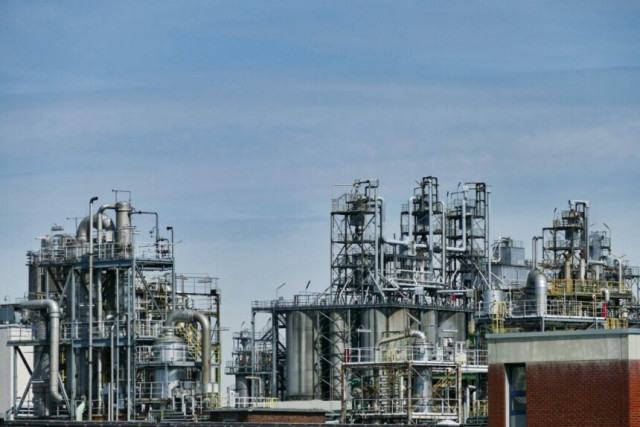The federal government has approved a comprehensive tax relief package aimed at attracting investment in deep-water operations.
This initiative comes as the industry faces challenges from underinvestment, declining crude oil production, and the ongoing exit of international oil companies.
Recent data indicates that Nigeria has not seen any new investments from IOCs in over a decade. The last major deep-water project was the $3.8 billion Egina Floating Production Storage and Offloading project by TotalEnergies, completed in 2013.
This prolonged period of inactivity underscores the urgent need for the government’s new tax relief package to attract fresh capital and revitalize the sector.
In stark contrast, these IOCs have invested over $82 billion in offshore assets across other countries during the same period, highlighting Nigeria’s critical crossroads in the oil and gas sector.
In response to this trend, the federal government’s recent approval of tax incentives aims to reverse the tide.
The Special Adviser to the President on Energy and head of the Energy Office of the Presidency, Mrs. Olu Verheijen stated that the initiative is expected to attract approximately $10 billion in investments soon, positioning Nigeria once again as a competitive destination for oil and gas investments.
“This is the pool of funds that our reforms are targeting, and we intend to unlock between $5 billion to $10 billion of new investments in Nigeria in the near- to medium-term,” Verheijen said.
However, stakeholders and experts remain skeptical about the potential for future investments, cautioning that new tax measures alone may not suffice.
Many assert that the government must address the underlying issues that led to the exodus of international oil companies in the first place.
Without tackling these deeper challenges, the effectiveness of the tax relief package may be limited, leaving the sector in a precarious position.
The Petroleum Industry Act, enacted in 2021, was intended to serve as a legislative framework to enhance investment in Nigeria’s oil and gas sector.
However, experts contend that it does not adequately address the ongoing challenges of bureaucracy and red tape that impede investment.
They warn that without effectively tackling these barriers, any new tax measures could ultimately be counterproductive, failing to attract the necessary capital for revitalizing the industry.
Citing a statement from the CEO of TotalEnergies, Patrick Pouyanne regarding the company’s decision to redirect a $6 billion investment to Angola instead of Nigeria, energy expert and oil and gas lawyer Ayodele Oni highlighted the urgent need for reforms, stating “While the PIA is a step forward, its implementation is still being tested, and Nigeria is still in the process of refining its petroleum policies. Other countries like Brazil, the United States of America, and Angola generally offer more stable, mature regulatory frameworks with clearer fiscal terms. These environments allow IOCs to plan long-term investments.”
On his part, the COO of AIONA and Country Manager of TradeGrid, Jide Pratt pointed out that ongoing divestment deals, like the one between Seplat and ExxonMobil, which remains pending, suggest that the Petroleum Industry Act (PIA) has not sufficiently addressed key issues such as red tape and bureaucracy.
“NUPRC has a major role to play to get things working. 2 examples are the PIA and poor implementation as well as the time it took for The Oando / Agip deal as well as the shell/Exon/Seplat deal still pending. Abandonment issues and signatures issues. All these make it easier to go elsewhere vs Nigeria hence the lack of investment for a decade,” Pratt said.
Experts have also pointed to the prolonged approval processes for contracts, including divestment deals, investment opportunities, and equity sales, as a major hurdle for the industry.
For instance, Pratt noted that while Executive Order 40 was designed to address these delays, the issue continues to plague the sector.
He argued that, given the current volatility, tax incentives alone may not suffice to attract IOCs to invest in Nigeria.
“Recall that Executive Order 40 tried to address this with contract approvals from regulators, contract limits and tenure to ease the red tape. It’s left to be seen if this has actually been implemented and is working,” Pratt said.
While tax measures could provide a potential boost for deep-water investments, experts agree that Nigeria’s ability to attract these investments ultimately depends on addressing deeper issues like bureaucracy and red tape. Without tackling these persistent challenges, the effectiveness of any financial incentives may be limited.
As Jide Pratt emphasized, “Enough is never enough,” urging the government to take stronger actions to address the root causes behind the exodus of international oil companies and low sector investment.




















